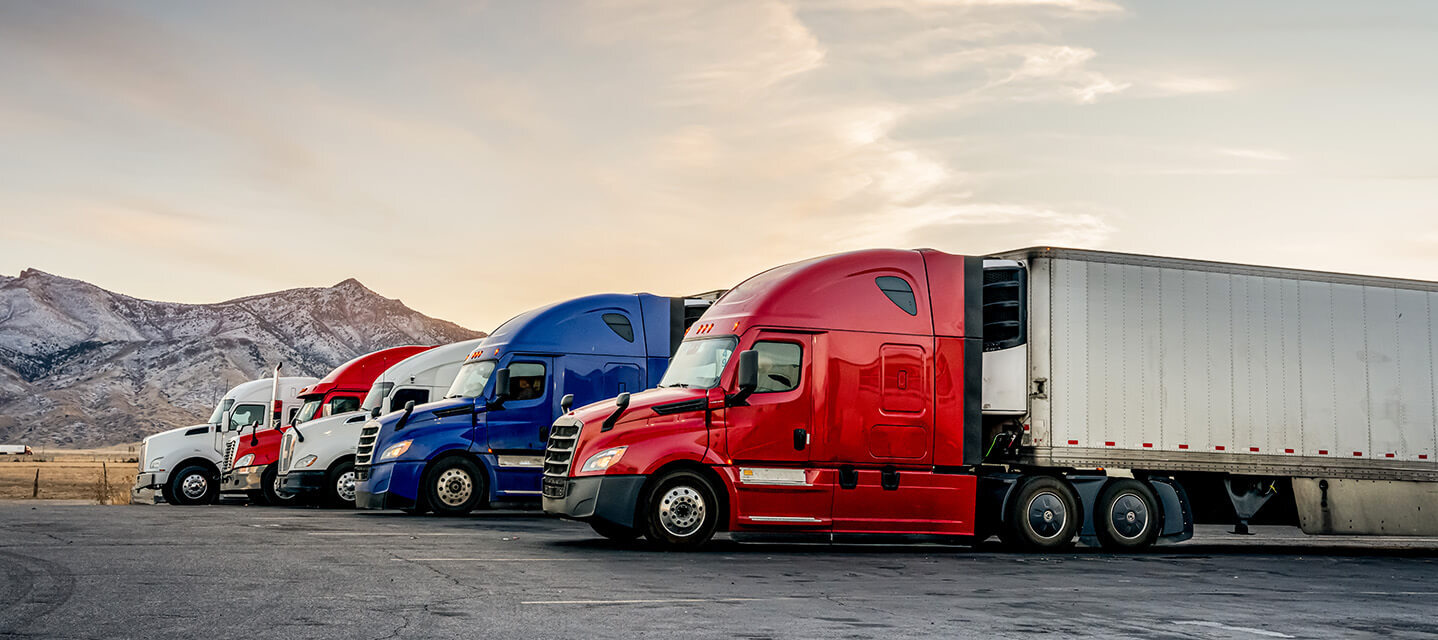Globalizing telematics
Preparing a product for worldwide commercialization has many unique challenges. Read how Geotab is globalizing telematics.

Mar 8, 2023

Note: This article is available in Spanish and German.
Globalizing any product for commercialization is a complicated undertaking, but bringing a telematics solution to the global scale has many unique challenges.
So What Does It Take to Globalize a Telematics Solution?
There are the obvious things to consider when it comes to globalizing telematics, such as supporting the language and maps of the target countries in the fleet management software and the logistics and distribution challenges of getting devices and accessories to the countries. However, to deploy a solution, a telematics provider must also consider the needs of customers and fleets in the new country. Different countries have different constraints, regulatory requirements, and fleet management needs. For example, in the United States, most drivers must follow HOS (Hours of Service) regulations if they drive a commercial motor vehicle. In the UK, Duty of Care is a legal obligation that employers must abide by to ensure the safety of their employees and others that could be affected by their employees’ work activities. To have a truly global telematics solution, a provider needs to understand regional differences and requirements and build them into the solution. In some cases, customers may have specific global and regional requirements.
All Vehicles Are Not Created Equal
One of the major challenges in globalizing a telematics solution is the fact that vehicles are different around the world. While there are standards and protocols for making diagnostic data available, there is still a great deal of manufacturer discretion in play. Manufacturers are not required to provide all available engine parameters, and they are also allowed to use their own specific parameters, thus complicating the job of a telematics provider. Complicating matters even further are the different regional diagnostic port interfaces or connectors.
Looking at Units of Measure: Is a Gallon = Gallon?
Not when comparing the imperial gallon used in the UK (also Canada and some Caribbean countries) to the liquid gallon used in the United States (also used in some Latin American and Caribbean countries)! Many countries use litres to measure volume. Fuel consumption and fuel economy measurements must take these differences into account. It gets even more complicated when you consider that countries differ in the measure used for fuel economy and fuel consumption, which can be mpg, L/100km, or km/L. Even the simplest regional unit of measure needed for telematics solutions varies from the kilometer to the mile.
Marketing
In the marketing world, web pages, product and company collateral, and even how the product is positioned must be regionalized and tailored to the target market. Every region has different values and aspects of a telematics solution that they find most important. Knowing and understanding these nuances is critical to successful product positioning and sales. It is also important to be in tune with regional differences in vocabulary and terms so that the message is understood. There are many regional word differences even in regions with the same language. For example, the word “turismo” in Spanish could refer to a type of vehicle in Spain, but in Latin America, it is recognized only as tourism. There are even regional differences in the verb “drive” in Spanish – “manejar” versus “conducir.”
Regulatory Requirements
Every region has its own regulatory requirements or certifications (e.g., E-mark, CE mark) and agencies (e.g. FCC, Anatel). Regulatory requirements must be understood and implemented, else products may not be allowed to be sold in the target market, and in some cases importation of goods may be stopped if regulatory and certification requirements have not been followed.
The Bottom Line
While some may consider these aspects less interesting compared to the actual telematics solution, they are critical to the bottom line, and they are the costs of shipping, maintaining a warehouse or manufacturing facility in the region, importation duties and taxes, and even currency valuation and fluctuations!
Solving all of the above challenges to bring telematics solutions worldwide, while ensuring customer requirements are met from a global and regional perspective, is what we at Geotab do. Let us know what you think, leave us a comment in the box below or share this post on social media.
Related:
Connected Car Technology: How Cars Talk to Each Other
Global Telematics Footprint Expands in South East Asia
Call to Action: How a Regional Fleet Safety Standard for Latin America Can Reduce Fatalities
Subscribe to get industry tips and insights

Adrienne Jinks is Vice President, Operations for Geotab.
Table of Contents
Subscribe to get industry tips and insights
Related posts

How to stop wasting mechanic hours on ‘ghost codes’ and low-priority repairs
February 2, 2026
2 minute read


Collision avoidance systems: How fleets prevent incidents and improve safety
December 23, 2025
5 minute read


Best ELD for trucks: Top devices for compliance and safety [2026]
December 18, 2025
6 minute read
